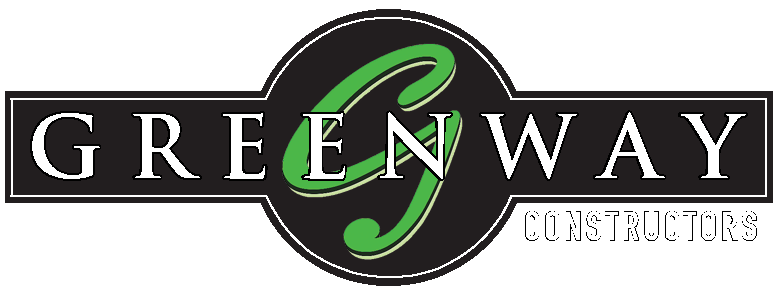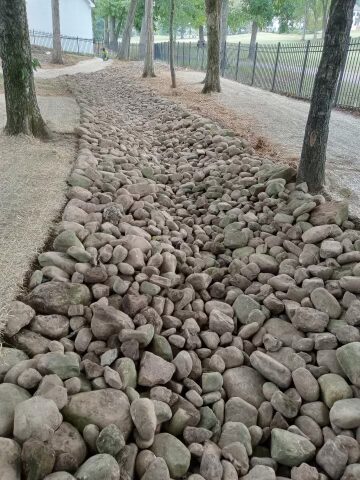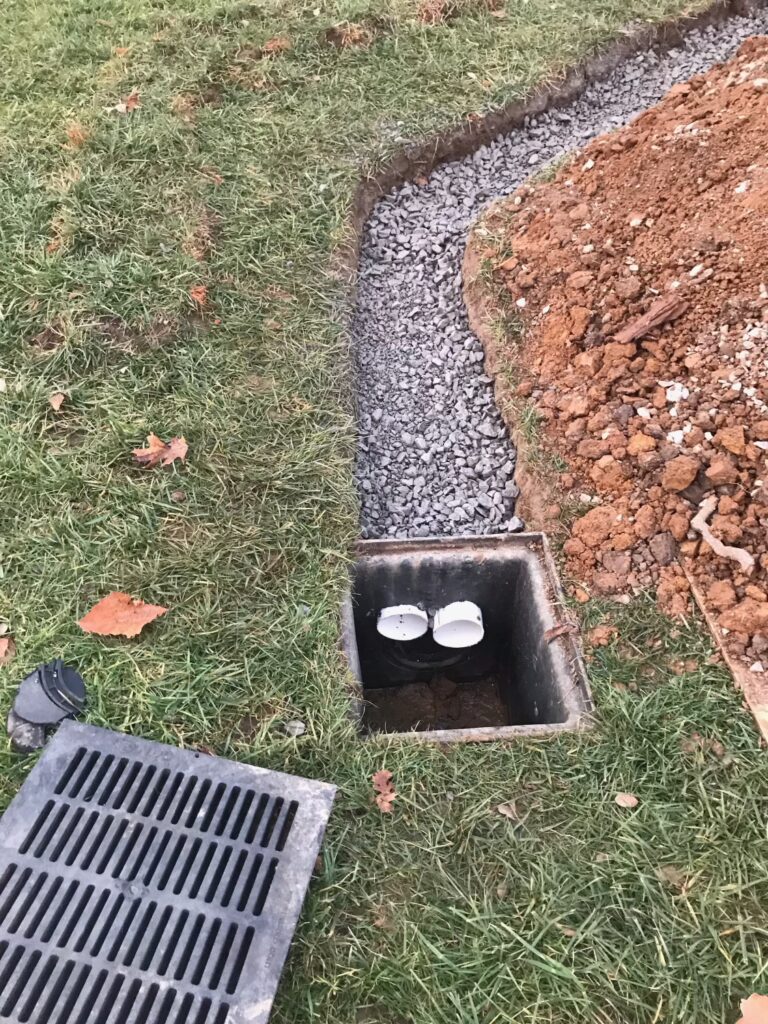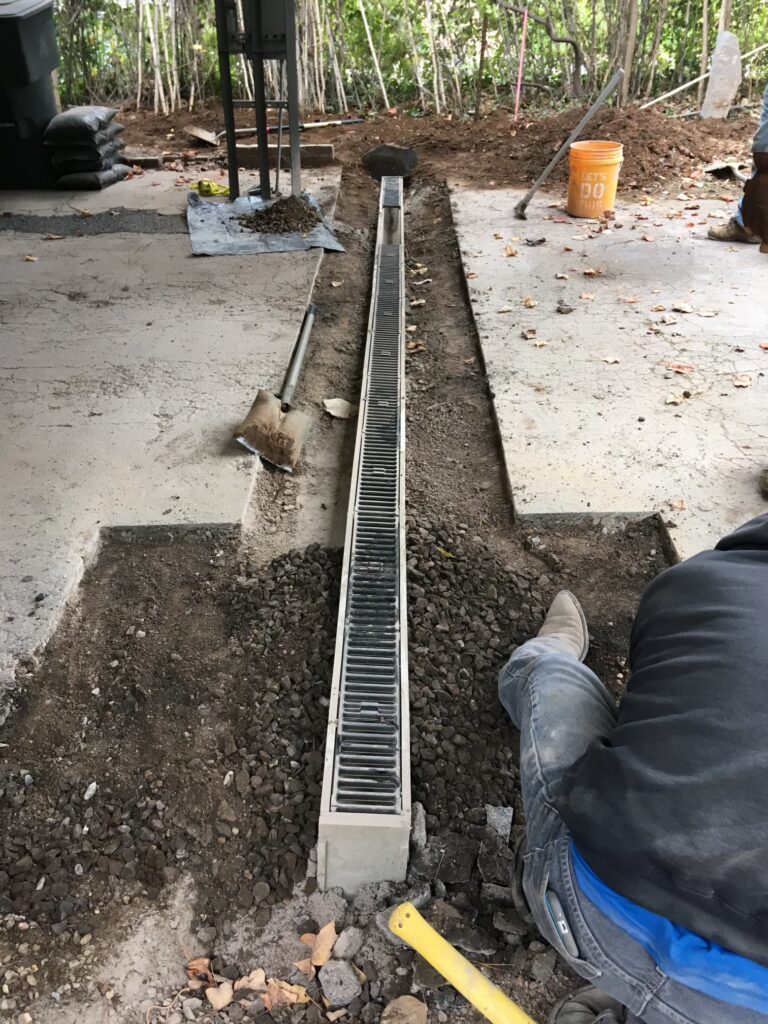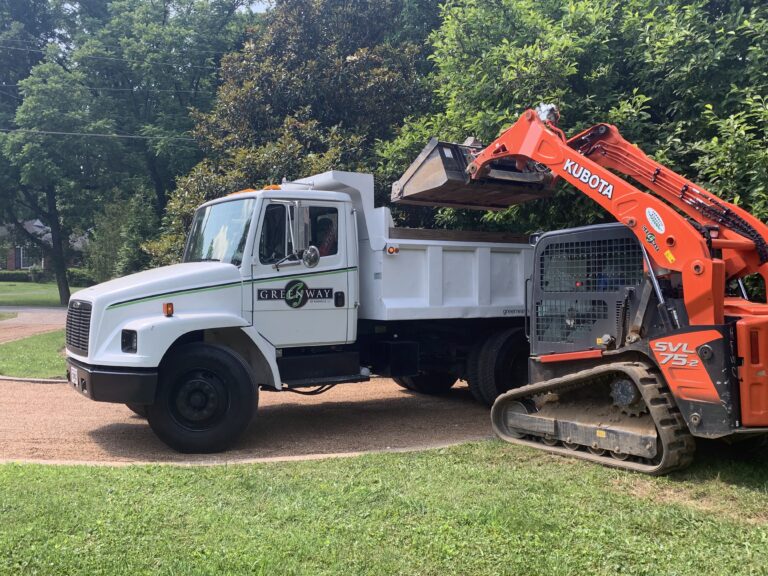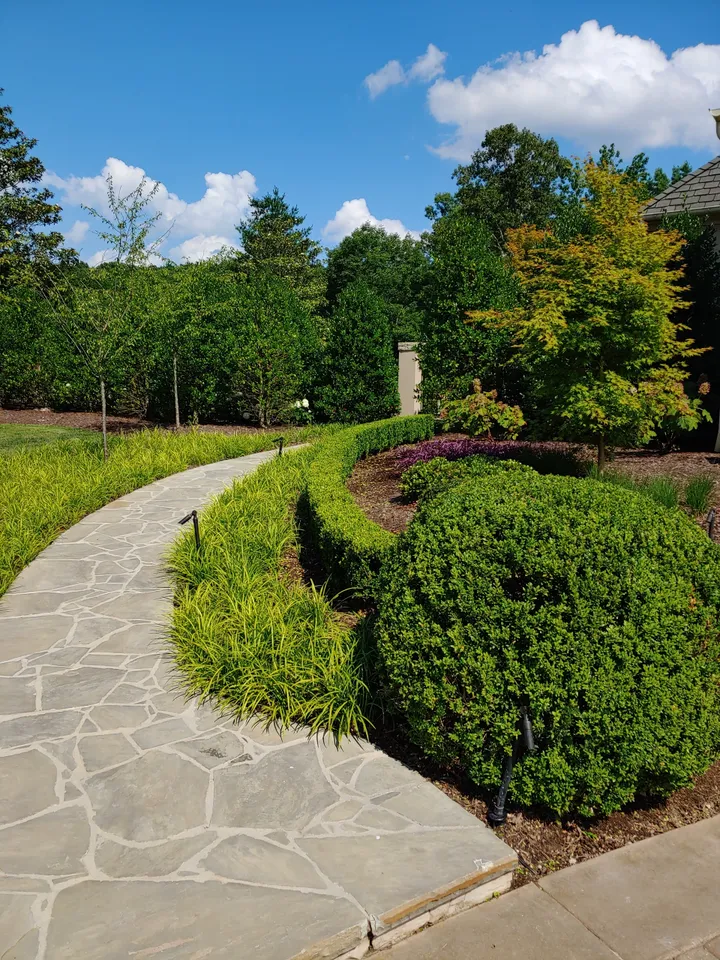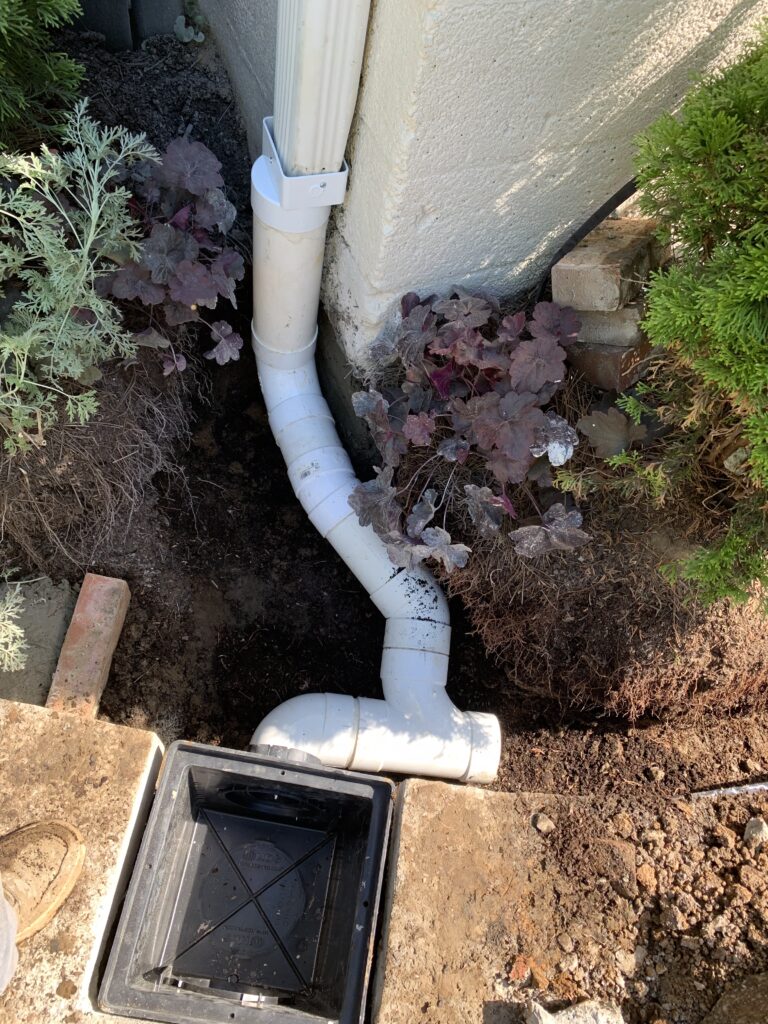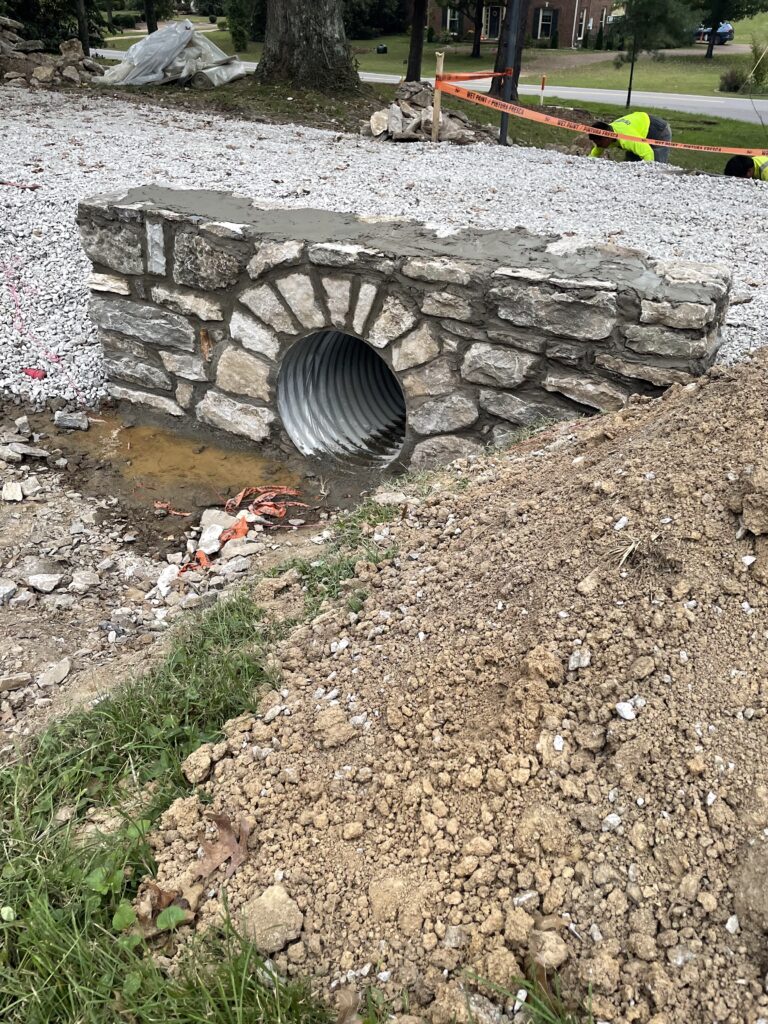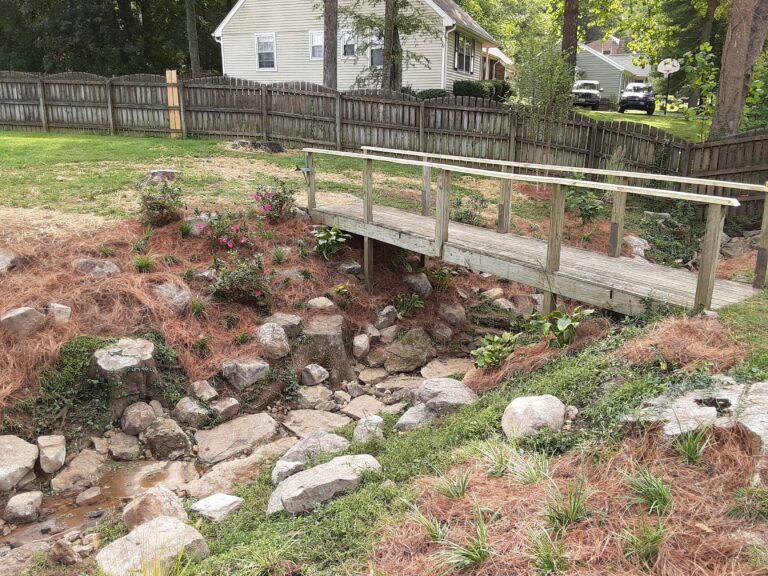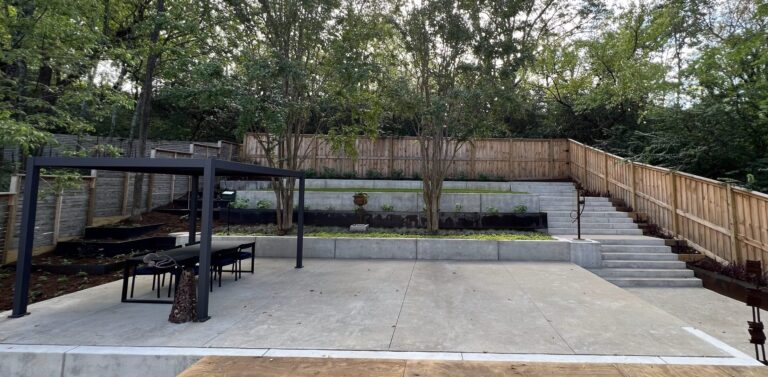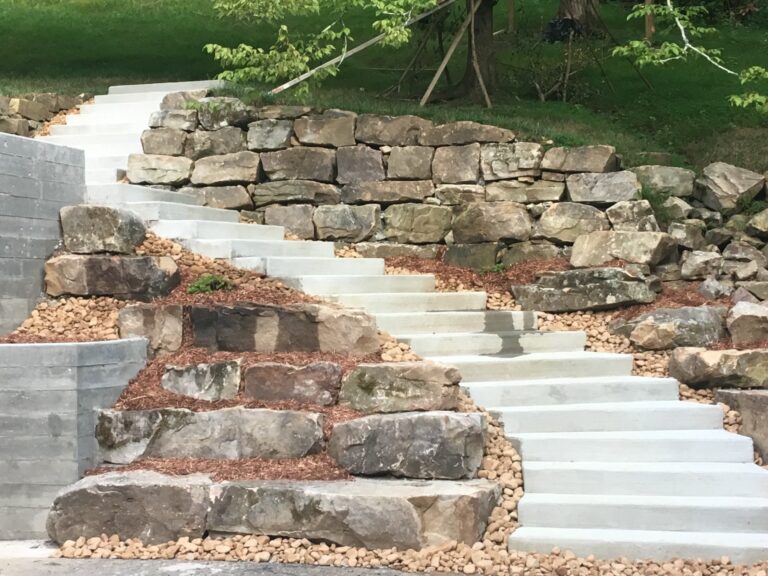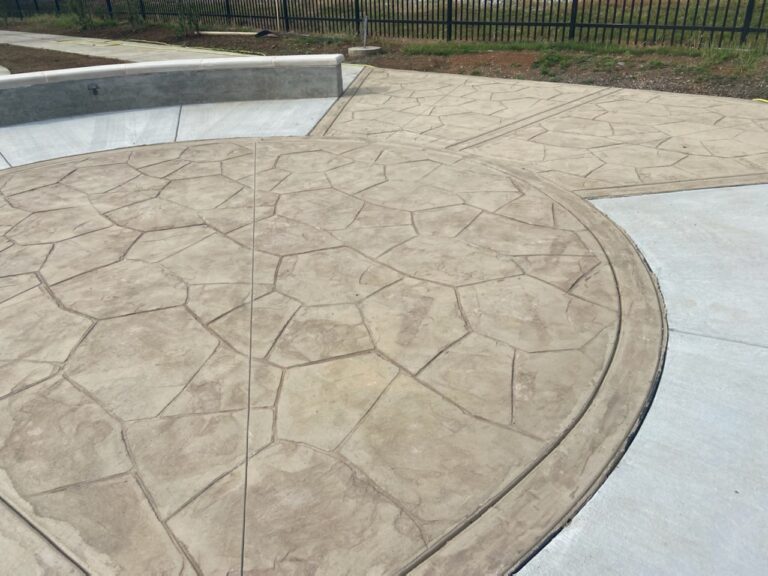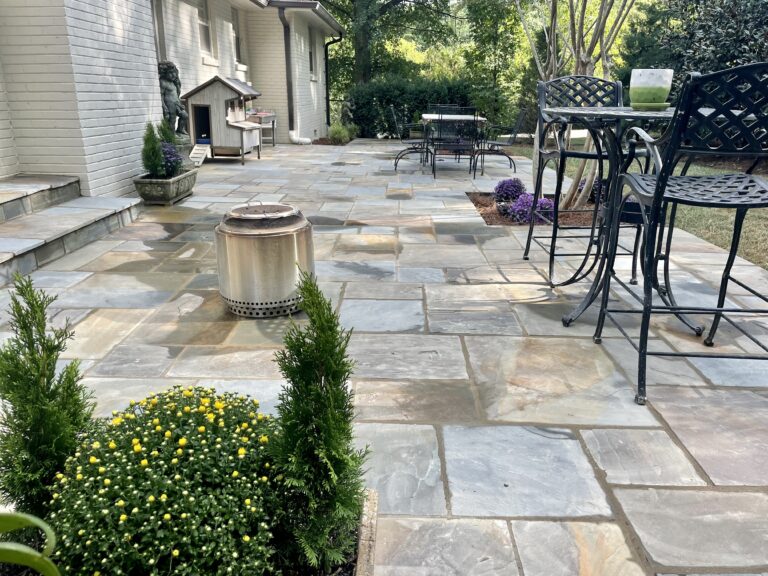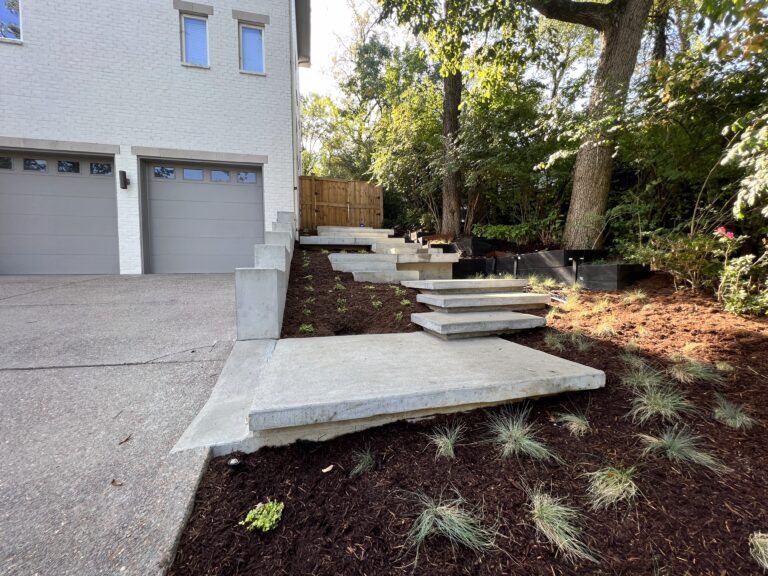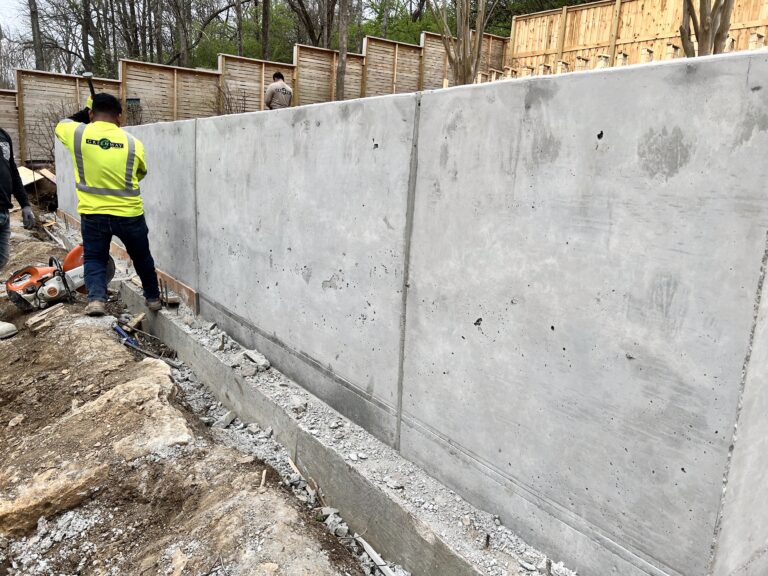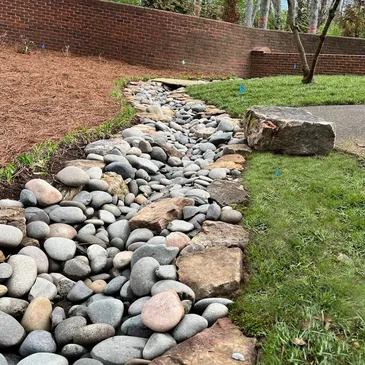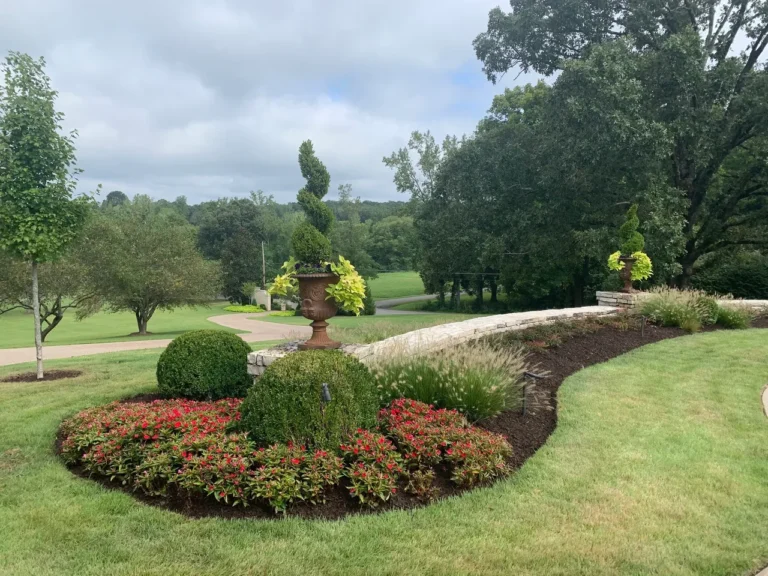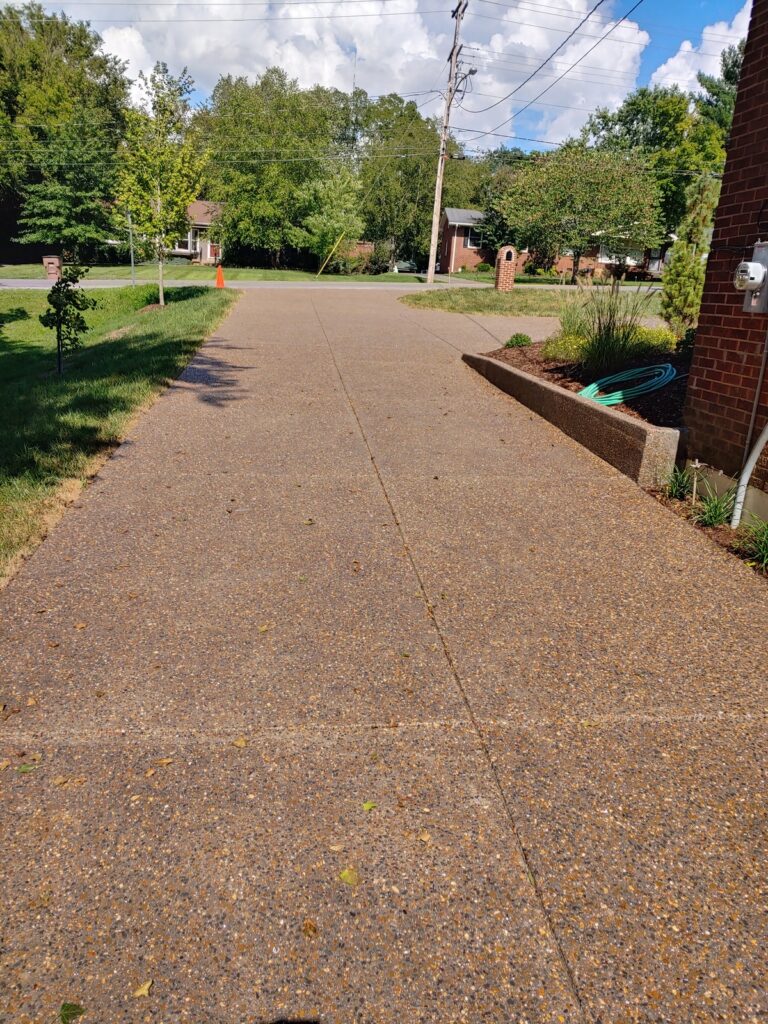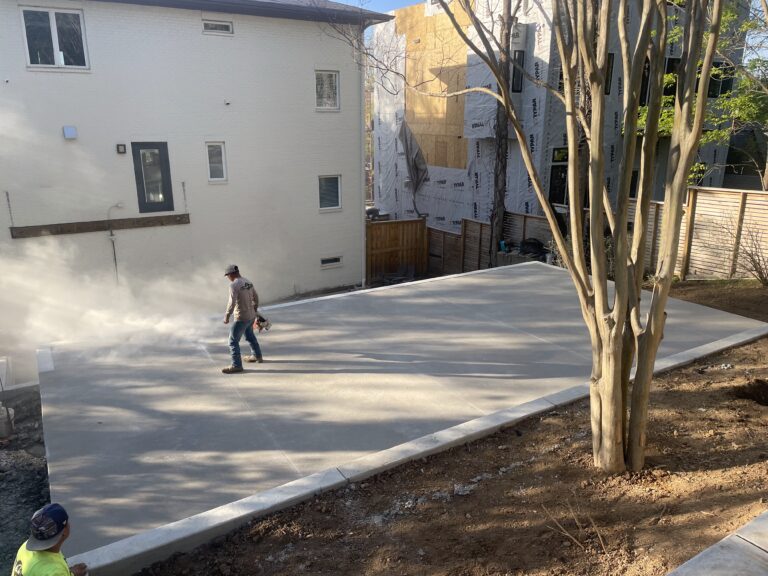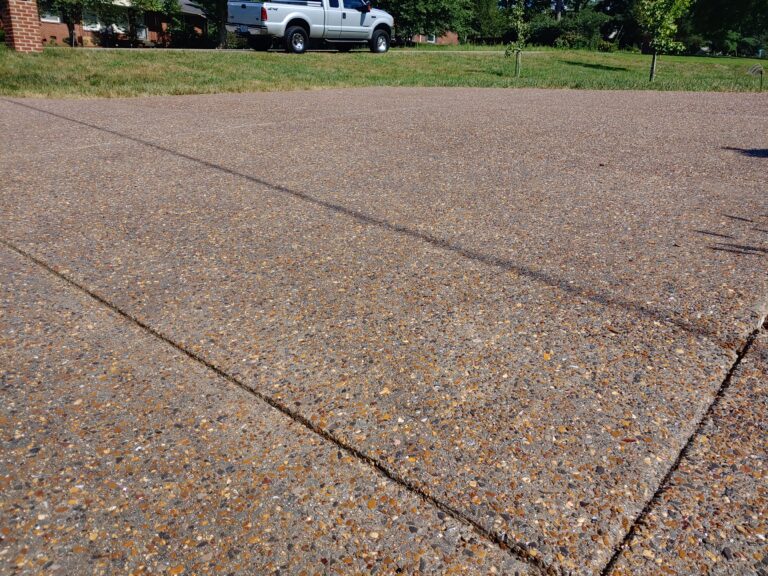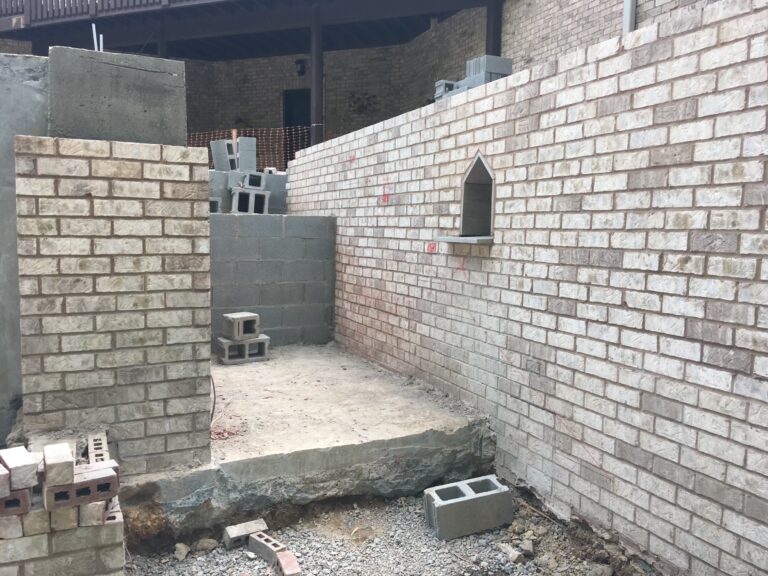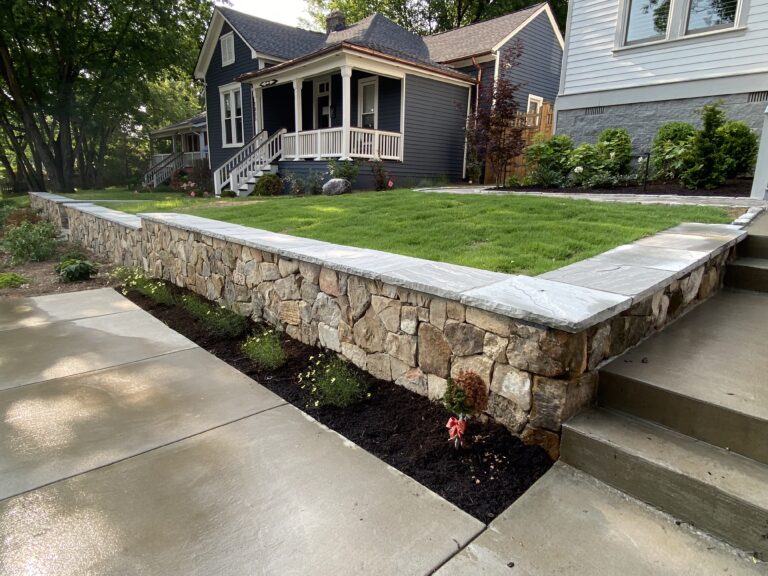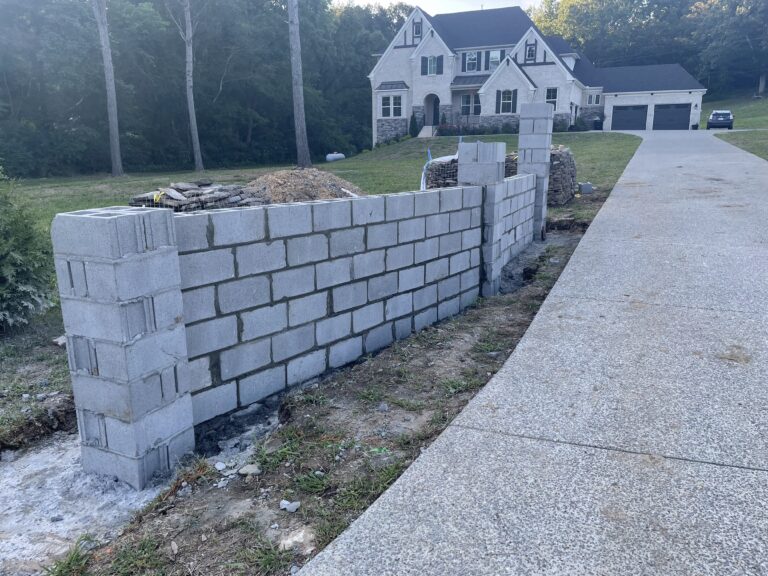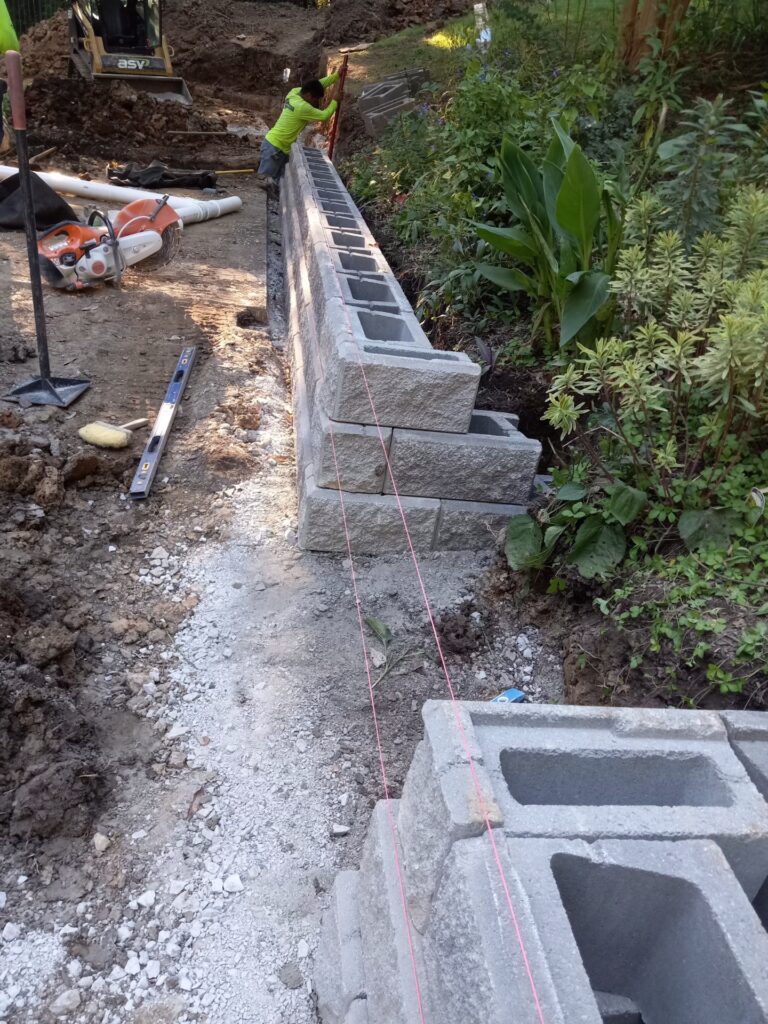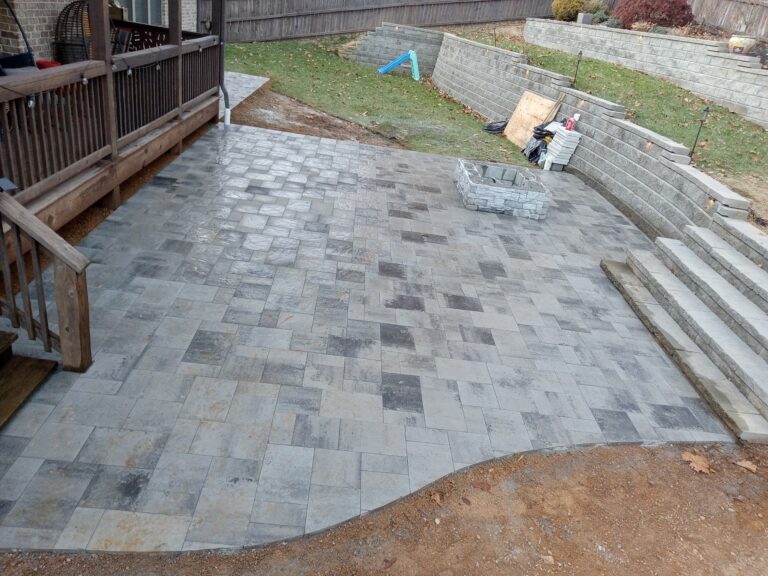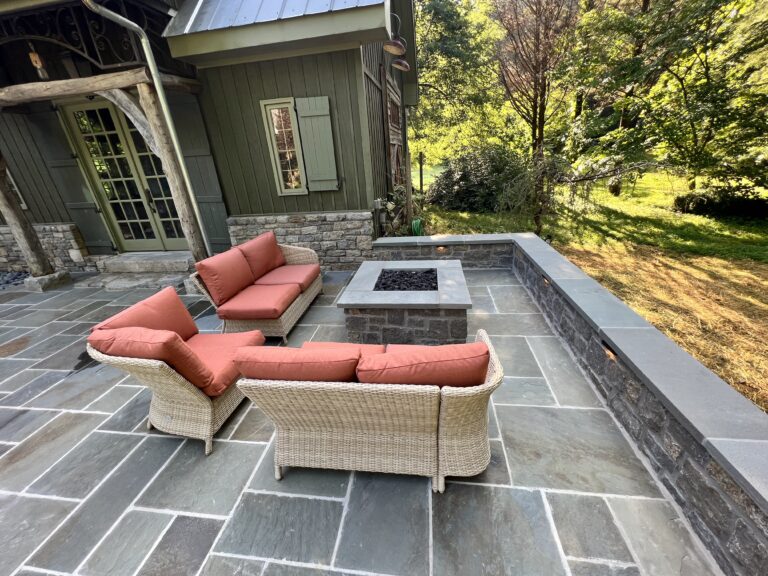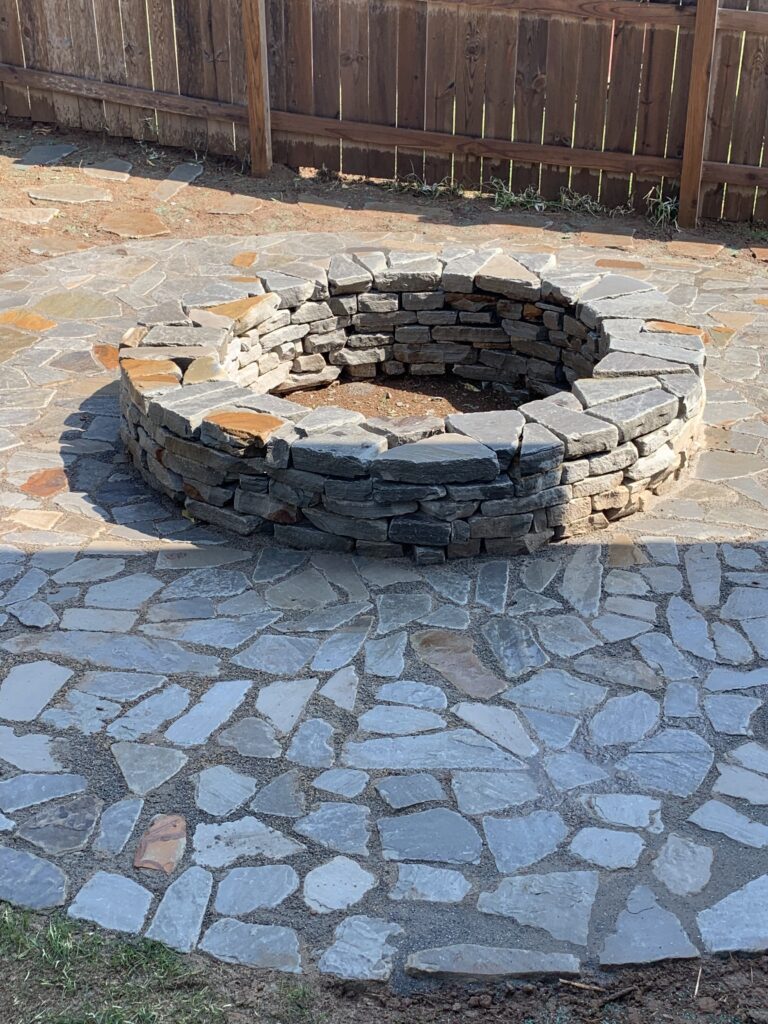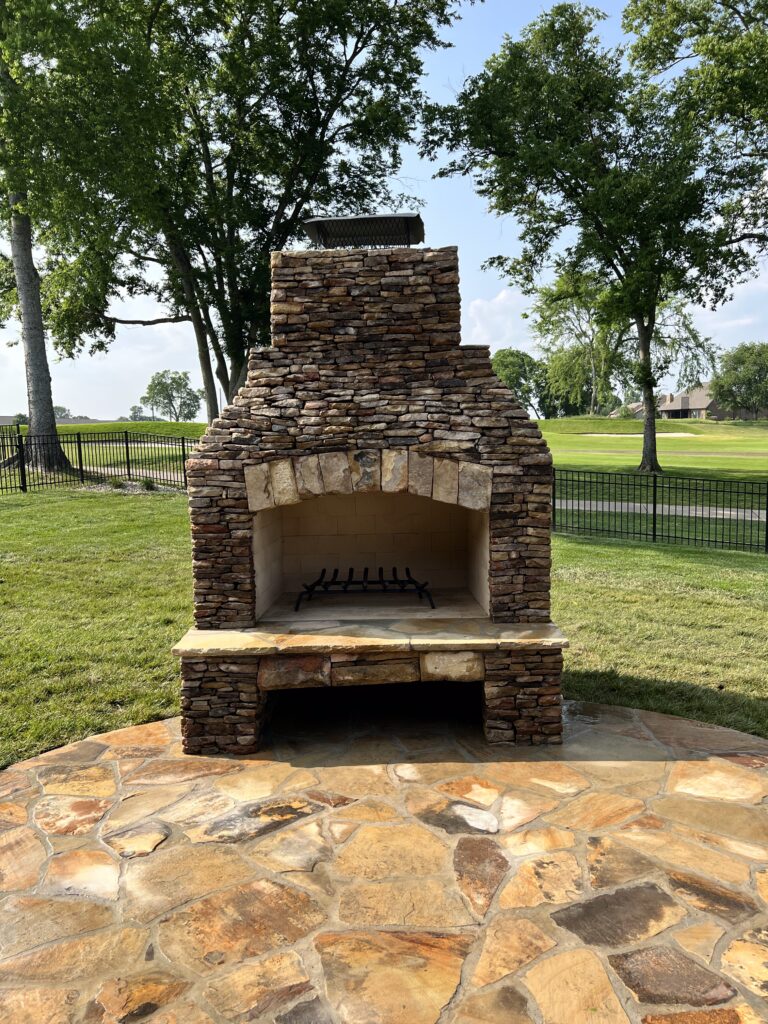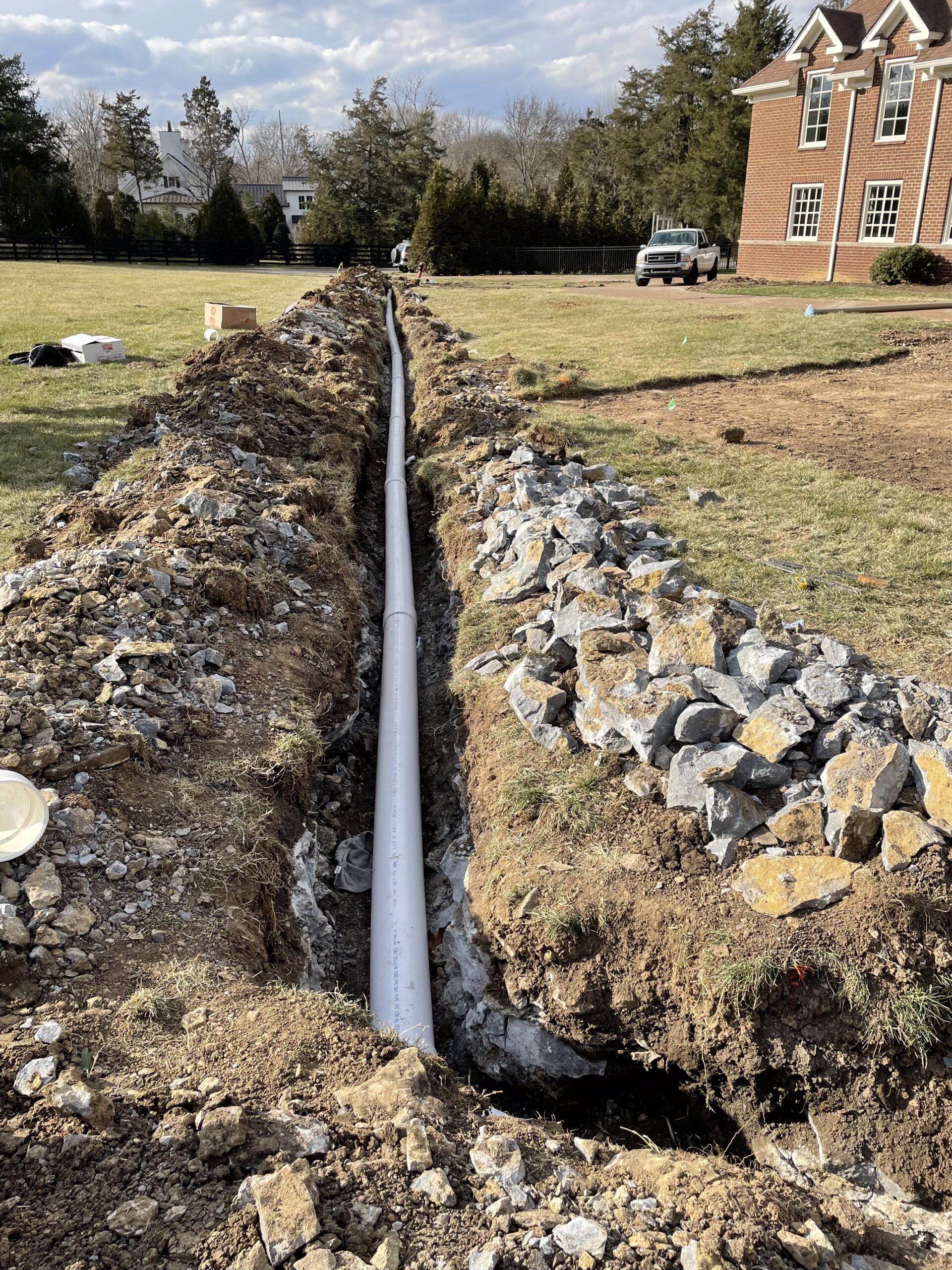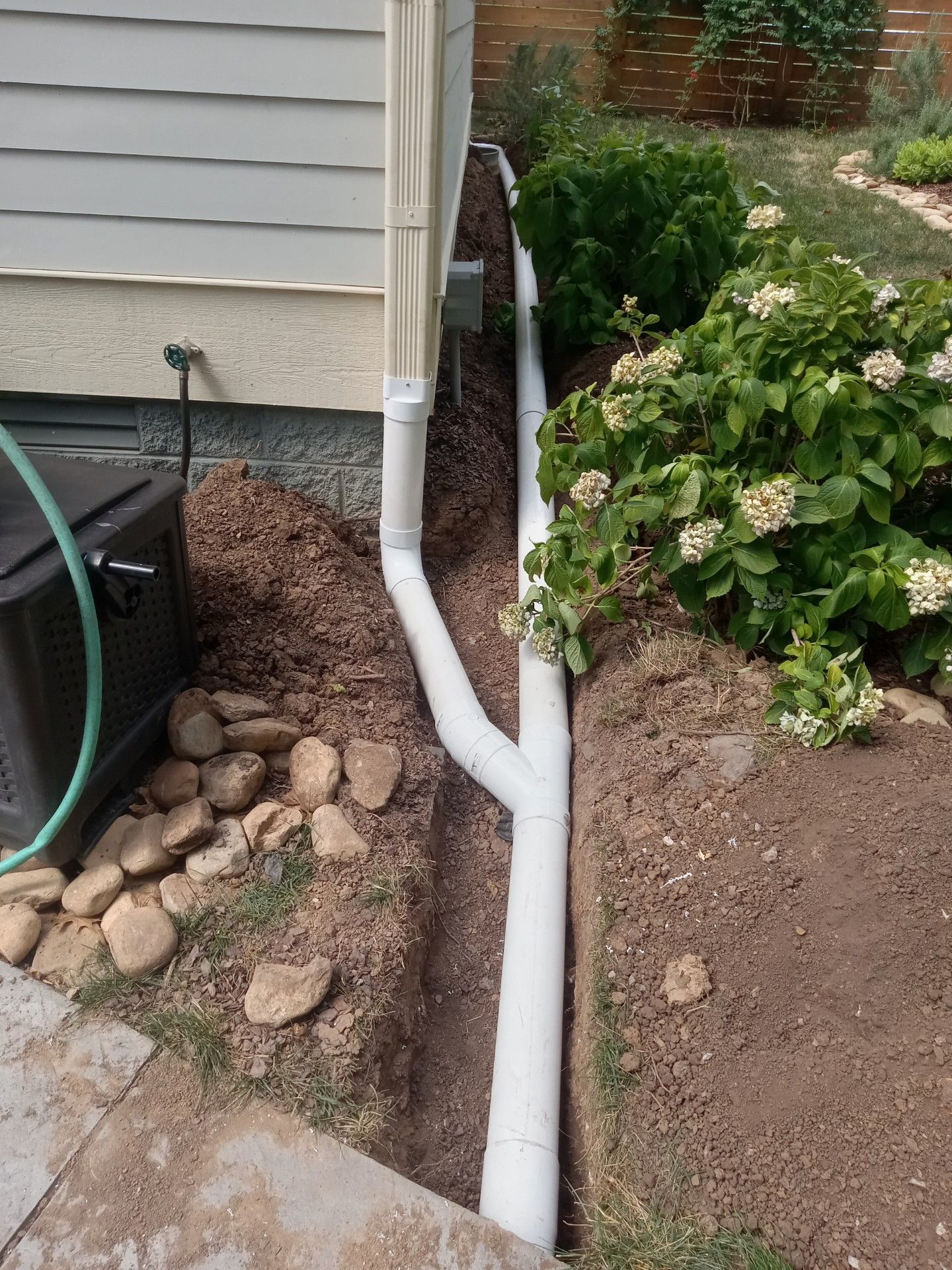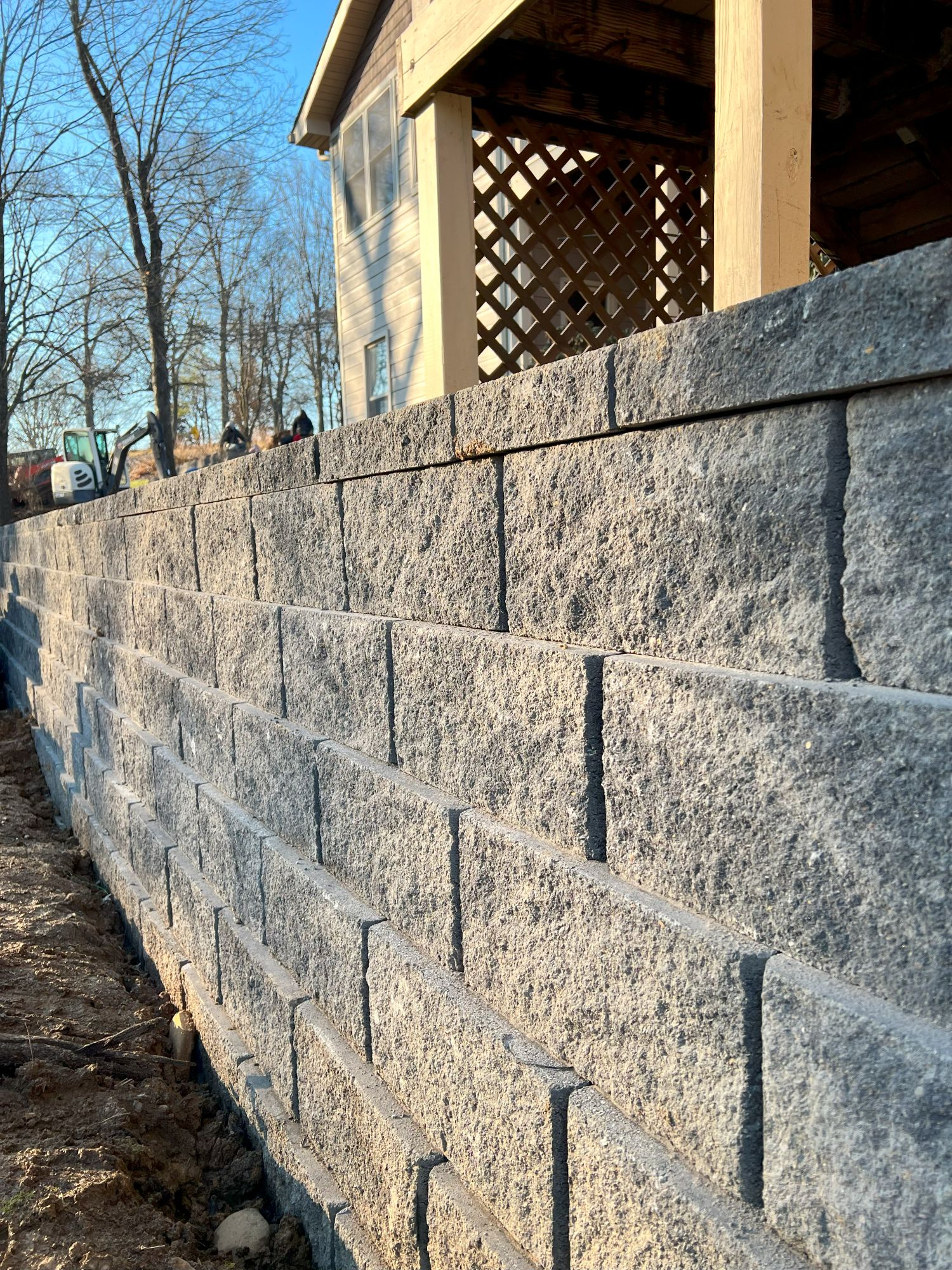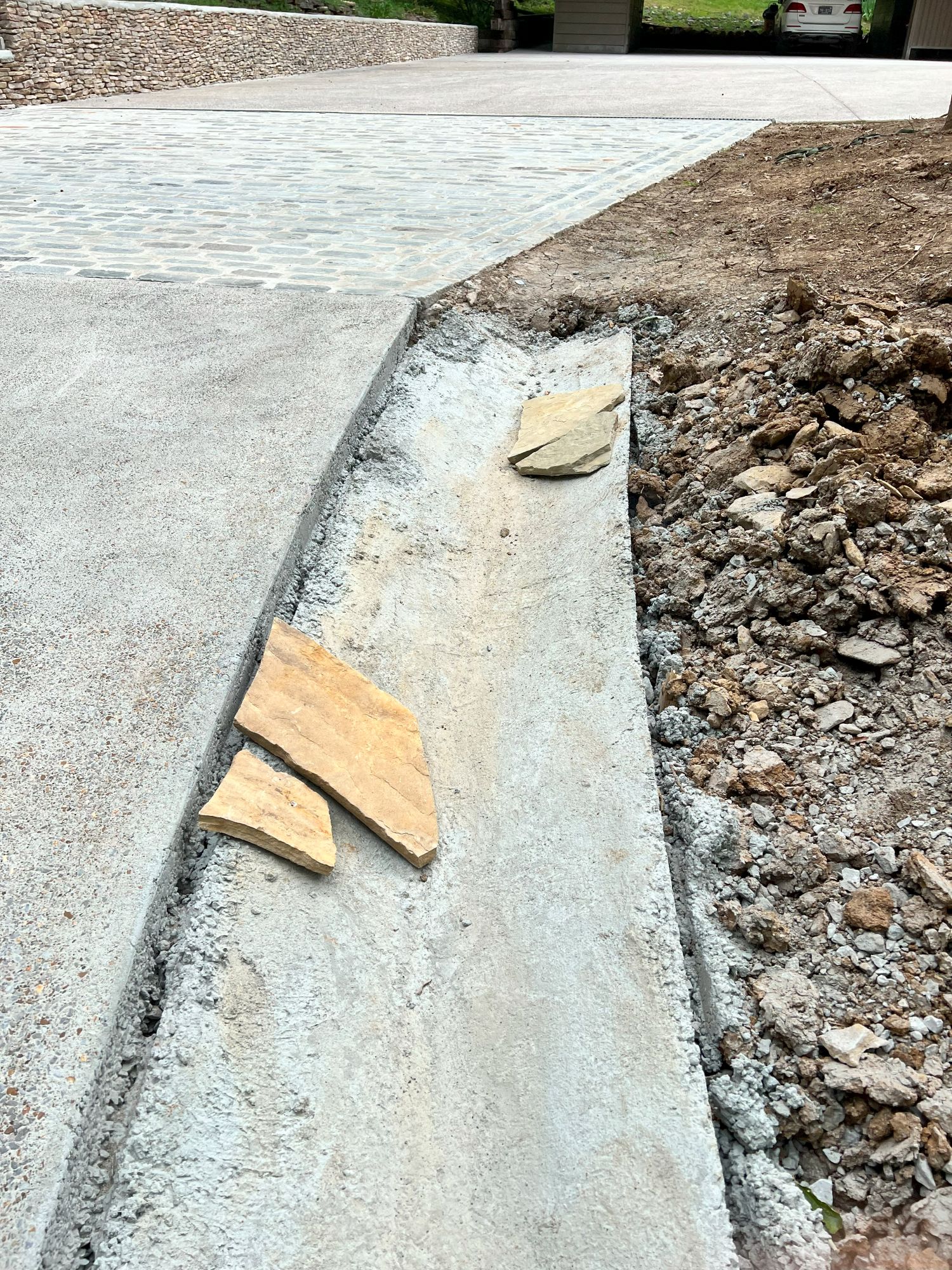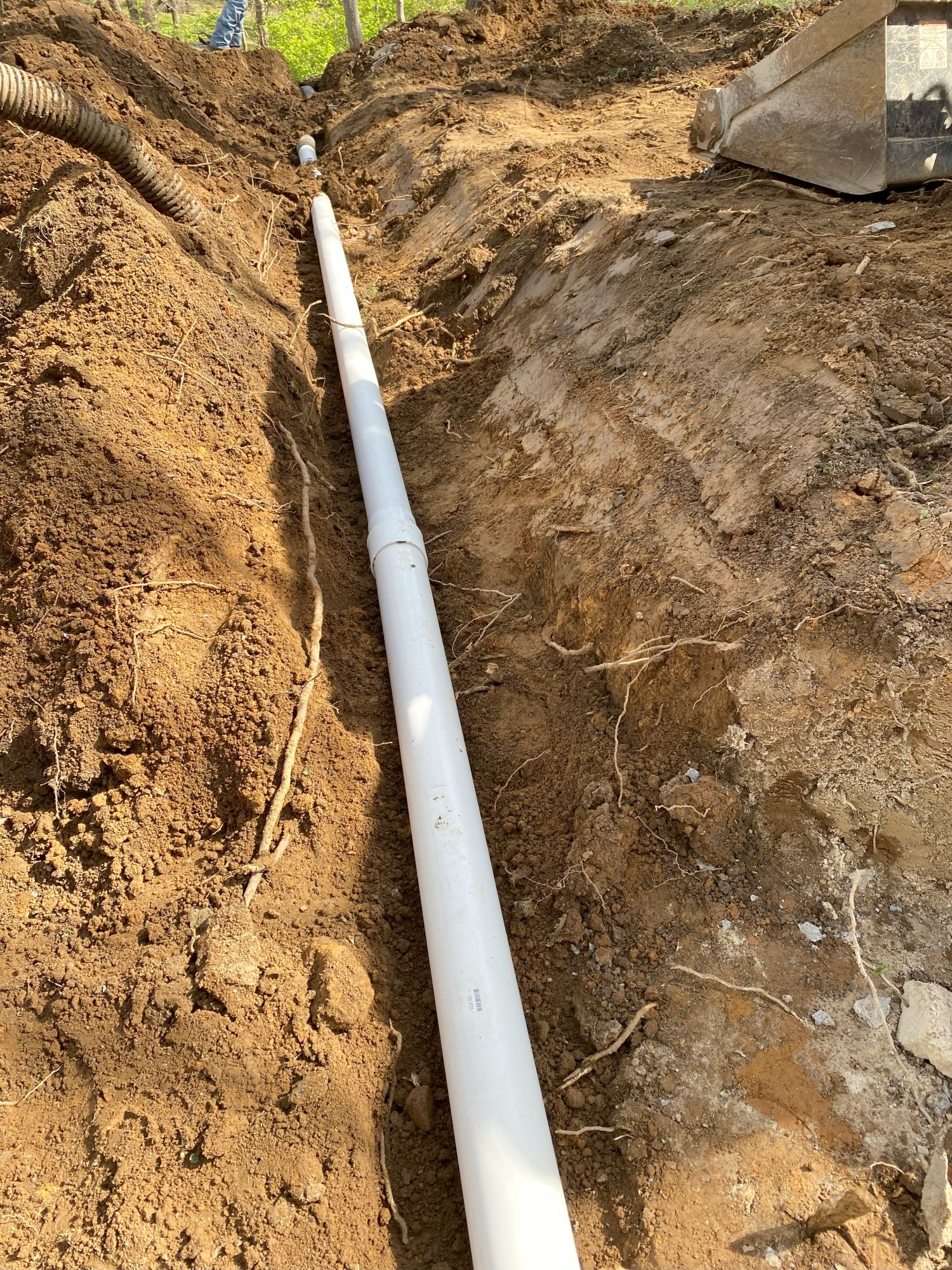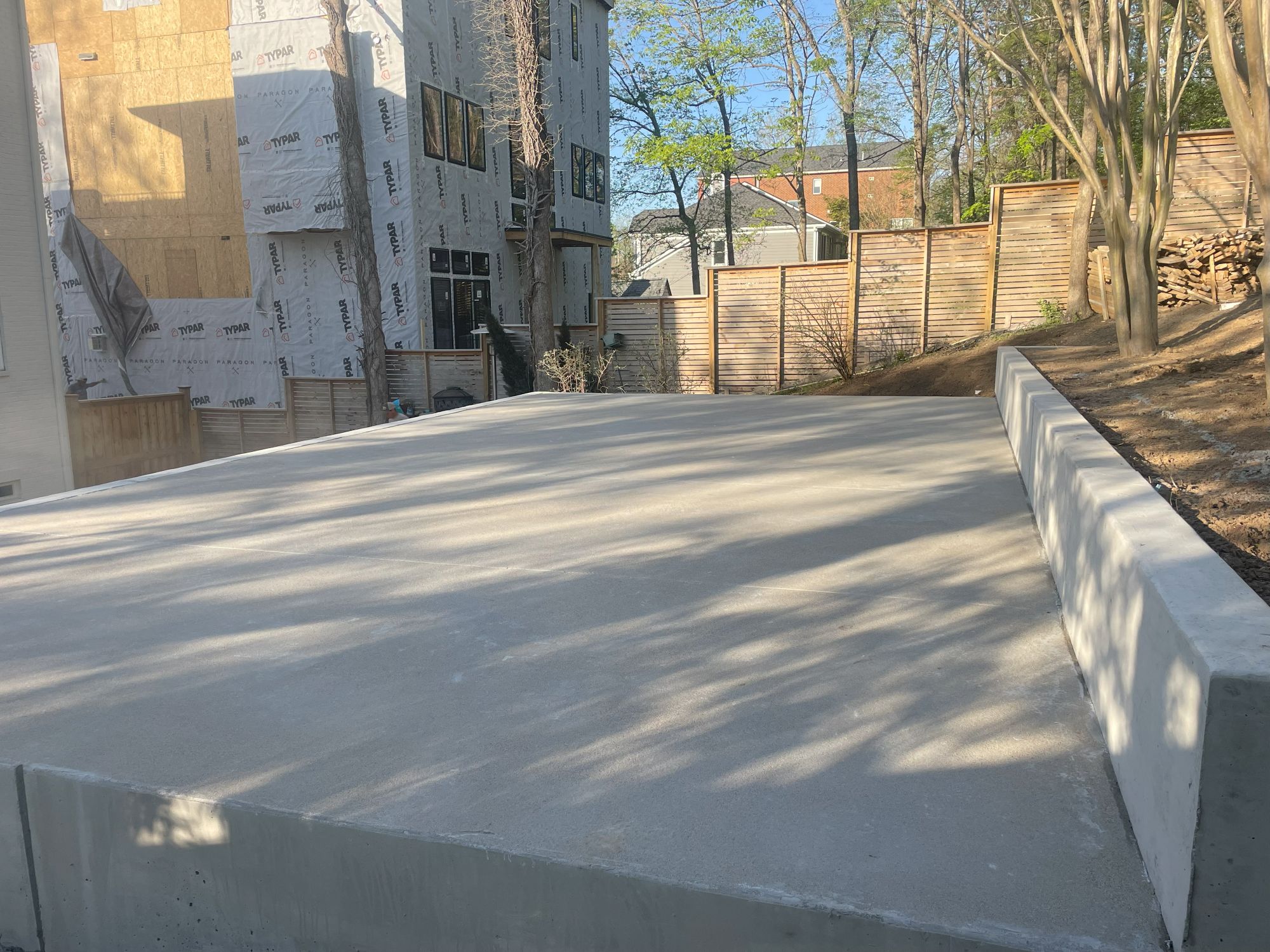Do You Need a French Drain? Our Nashville Drainage Experts Can Help You Decide
Although states in the Pacific Northwest are known for their rainy weather, Nashville, TN actually gets more rainfall per year than Seattle, believe it or not. While plenty of precipitation is part of what makes the greater Nashville area so lush and green, it can also contribute to water damage in properties with inadequate drainage solutions.
Poor landscaping drainage can lead to all sorts of expensive problems, from root rot and lawn disease to insect infestations and foundational damage to your home. Fortunately, a French drain system can work wonders when it comes to diverting underground water, preventing costly flooding or structural damage. Read on to learn more about what our Nashville drainage experts can do and whether it’s the right solution for you.
What Is a French Drain?
A French drain is a trench (usually about 3 feet deep and up to 24 inches wide) which is filled with geotextile fabric, gravel and perforated piping. The gravel can be left exposed, or covered with topsoil and sod to camouflage the trench. Ground water collects in the gravel cavity and percolates into the trench’s pipes, which carry the water away from problem areas.
Because the pipes within the drains need to use gravity in order to transport the water, French drains must be graded slightly so that the outlet is the lowest part of the system. If not, the water will simply sit inside the pipes and not go anywhere, causing problems such as odors and mosquito infestation.
Unlike swale drainage solutions, French drains don’t do much to the flow of surface water, making them ideal for quickly rerouting underground water away from structures before it can damage them. That’s why these drains are so commonly built into retaining walls or around a home’s foundation.
French Drain Benefits
It’s not surprising that French drains are one of the most popular requests for a Nashville, TN drainage experts. These efficient, systems are a surefire way to prevent water damage to your yard or home, featuring many benefits:
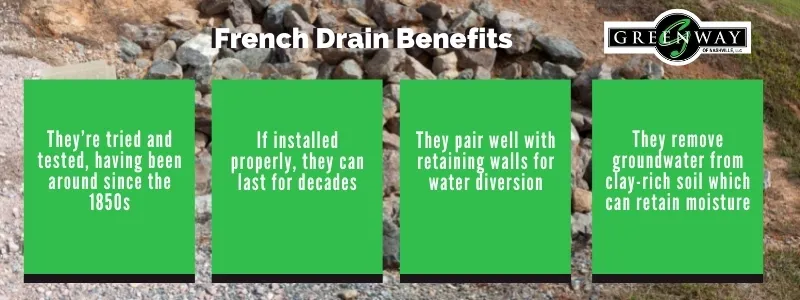
- They’re tried and tested, having been around since the 1850s
- If installed properly, they can last for decades
- They pair well with retaining walls for water diversion
- They remove groundwater from clay-rich soil which can retain moisture
As you can see, there are plenty of reasons why people have been using these drains for centuries!
“Work with skilled Nashville hardscaping and outdoor construction professionals who understand your vision and respect your schedule. Contact us for a free quote!”
French Drain Disadvantages
As useful as a French drain can be, there are some landscaping situations in which it might not be the best option. Some French drain disadvantages include:
- You might not be able to install them if there are property restrictions that prevent digging trenches
- The potential for clogs
- Installation can ruin existing landscaping if you need to dig under it
- Successful installation can be difficult and time-consuming without help from a professional
- French Drain installations can be expensive due to high material and labor costs.
Fortunately, you have plenty of options if the disadvantages are starting to outweigh the benefits. Alternate drainage solutions include:
- Swales
- Surface drains or catch basins
- Retaining walls
- Land grading
Many people choose to include more than one solution for the best outcome.
Common French Drain Mistakes
If you’re considering installing a French drain in your yard, make sure you either hire experienced drainage experts who’ve handled French drains before, or do your homework ahead of time so you can avoid some of the most common French drain mistakes. When it comes to French drain projects, there are four main areas where things tend to go wrong:

- The Trench: Before you even think about picking up a shovel, make sure there aren’t any digging restrictions on your property. Neglecting this step can result in damage to electric or gas lines, and a lot of money out of your pocket. Always call 811 and get an active dig ticket.
- The Fabric: The trenches need to be lined with drainage fabric to prevent roots and debris from entering the trenches and eventually clogging the pipes. Failing to do this step or using the wrong fabric will mean frequent maintenance and low-quality end results.
- The Gravel: When choosing gravel or rock for your trenches, make sure not to select small gravel or soil that will clog up the pipes.
- The Slope: If your trenches aren’t sloped in the direction in which you want the water to drain, it will pool inside the pipes and stagnate. Always make sure your slope has an exit point where you want to divert the water.
- The Pipe: Make sure to use the right grade PVC pipe for the depth of your French Drain. The weight of soil and traffic could crush the pipe over time and cause poor drainage results.
Get Help With Your Drainage Solutions Now
Do you have property in Nashville, TN, in need of effective drainage solutions? Greenway of Nashville is here to help. Contact our drainage experts for a free quote.
